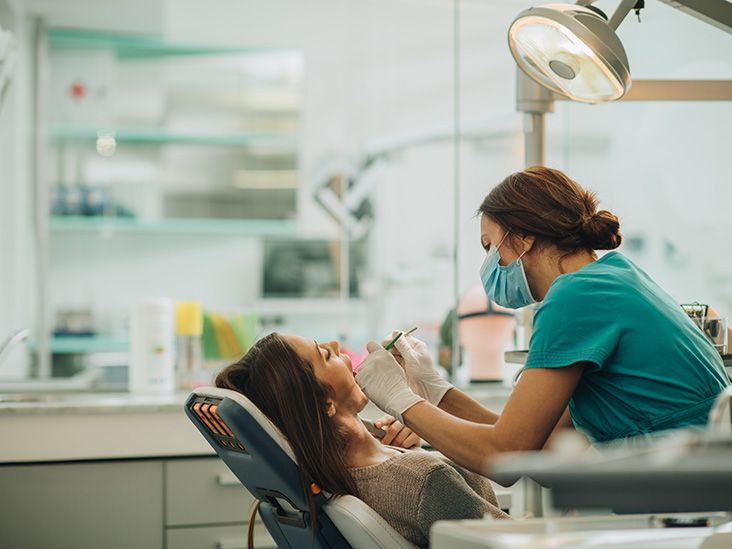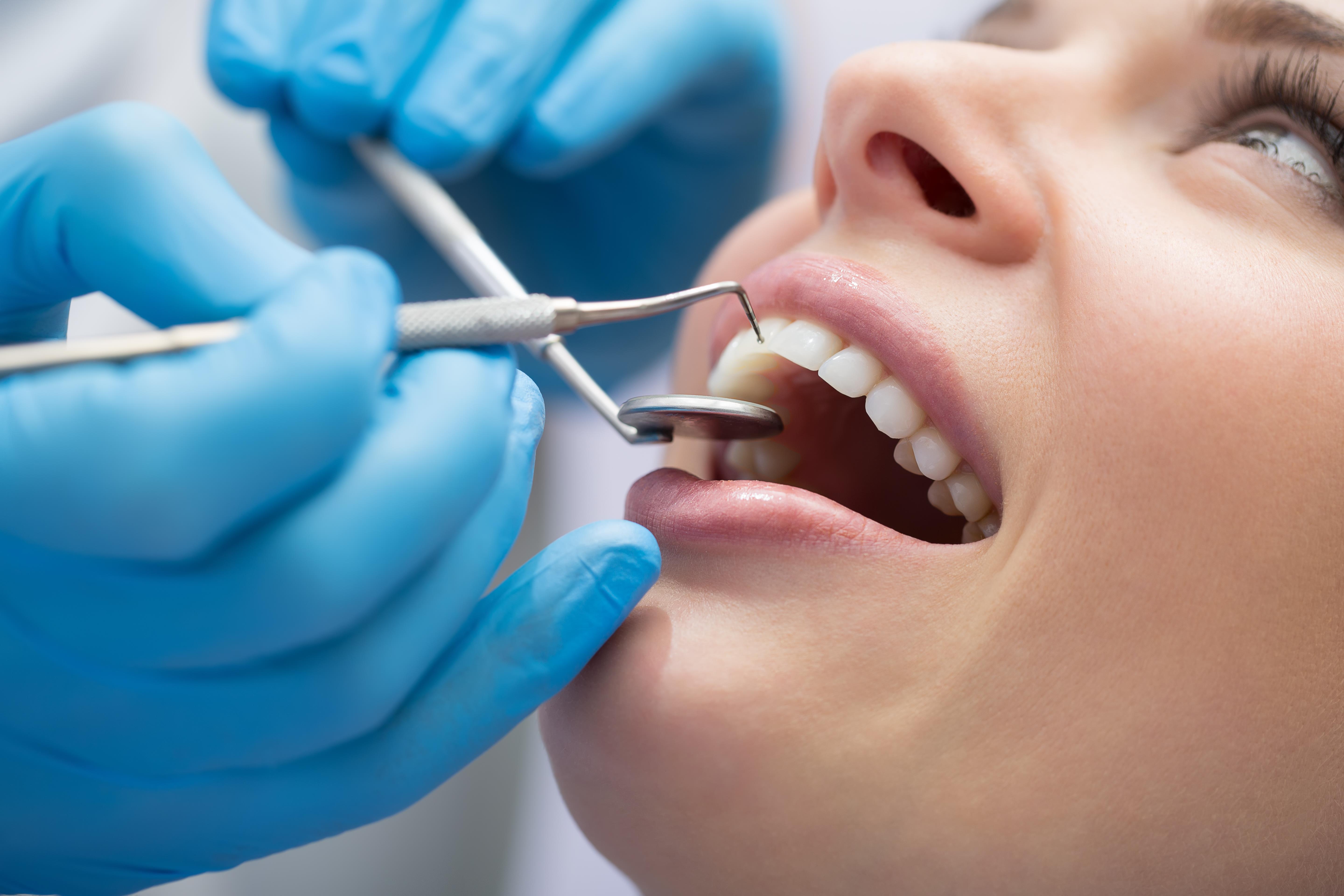Typical Concerns About Dental Veneers Addressed
Oral veneers have actually ended up being an increasingly sought-after option for those aiming to enhance their smiles, yet several people stay unsure regarding various facets of their usage. Trick concerns commonly occur relating to the application process, durability, and prospective risks connected with these aesthetic enhancements. Moreover, the distinction between porcelain and composite veneers can considerably influence one's selection. As we discover these common questions, it ends up being vital to take into consideration not just the benefits however also the ramifications of opting for oral veneers in pursuit of a much more confident look. What factors should one evaluate prior to making such a decision?
What Are Dental Veneers?
Dental veneers are slim, custom-made coverings crafted from porcelain or composite material that are made to cover the front surface of teeth. These dental prosthetics offer both aesthetic and useful functions, giving a solution for different oral blemishes, including staining, chips, voids, and misalignment. By adhering to the teeth, veneers can substantially boost the total look of a smile, creating a more uniform and appealing appearance.
Porcelain veneers are especially preferred for their natural translucency and discolor resistance, making them an ideal choice for individuals looking for durable results. In contrast, composite resin veneers are normally more economical and can be applied in a single check out, yet they might not offer the same sturdiness as porcelain choices.
The choice to go with oral veneers often comes from a wish for aesthetic enhancement, however individuals need to additionally take into consideration factors such as the longevity of the material, maintenance requirements, and the potential need for tooth reduction (Veneers). Eventually, dental veneers represent a versatile and effective solution for attaining a glowing smile, satisfying private cosmetic needs while promoting self-confidence and self-worth
Just How Are Veneers Applied?
The application procedure for veneers needs careful planning and accuracy to make sure ideal results. The procedure typically starts with a detailed appointment, where the dental practitioner evaluates the individual's dental health, reviews preferred results, and determines the ideal kind of veneers, whether porcelain or composite resin.
Once the therapy plan is developed, the dental expert prepares the teeth by eliminating a slim layer of enamel, normally about 0.5 mm to 1 mm, to suit the veneer. This step is essential as it makes certain an appropriate fit and avoids the veneers from showing up large - Porcelain Veneers Washington DC. After prep work, perceptions of the teeth are required to produce custom veneers that match the individual's distinct oral structure and visual preferences
While the long-term veneers are being fabricated in an oral laboratory, momentary veneers may be put to protect the prepared teeth. As soon as the permanent veneers prepare, the dental professional will meticulously bond them to the teeth utilizing a solid dental adhesive. Final changes are made to guarantee correct alignment and bite, followed by polishing for a natural look. The procedure finishes in a click to find out more follow-up appointment to keep an eye on the veneers' fit and the individual's complete satisfaction with their brand-new smile.
What Are the Perks?

Additionally, veneers are recognized for their sturdiness and navigate to these guys resistance to discoloring contrasted to natural teeth. Made from premium products such as porcelain or composite resin, they can preserve their look for years with proper treatment. This long life makes them a useful financial investment in one's oral appearance.
In addition to aesthetic renovations, veneers can additionally add to improved oral wellness. By covering harmed or compromised teeth, they can supply added support and protection, assisting to protect against further decay or degeneration. This safety facet can reduce the need for much more substantial oral treatments in the future.

Just How Lengthy Do They Last?
With appropriate treatment and upkeep, dental veneers can last anywhere from 10 to 15 years, making them a resilient solution for improving one's smile. The long life of veneers largely depends upon the product utilized, the top quality of the initial placement, and the person's adherence to dental hygiene methods.
Porcelain veneers are understood for their durability and resistance to staining, normally lasting closer to the 15-year mark when looked after appropriately. Composite veneers, while much more affordable, may need replacement faster, usually within 5 to 10 years due to their vulnerability to use and staining.

Additionally, using a mouthguard throughout sporting activities or nighttime can offer additional defense. Ultimately, while veneers use a significant aesthetic enhancement, their durability is significantly affected by the dedication to proper oral care and regular examinations with a dental professional.
Are There Any Type Of Threats?
Thinking about the transformative impacts of oral veneers, it is essential to acknowledge the potential dangers connected with their application. While veneers can improve the look of teeth, the treatment entails the elimination of a slim layer of enamel, which can increase tooth sensitivity and vulnerability to decay.
One significant risk is the possibility of improper placement or fitting, resulting in discomfort, bite misalignment, and even damage to the underlying tooth structure. Additionally, if the veneers are not maintained correctly, they can become stained or cracked in time, necessitating replacement.
Patients may also experience allergies to the products utilized in the veneers, especially if they have sensitivities to certain oral compounds. While veneers are durable, they are not indestructible; too much force from clenching or grinding can lead to cracks.
It is necessary for clients to seek advice from a certified oral professional to evaluate their specific dangers and to follow aftercare guidelines carefully. By understanding these threats, individuals can make informed choices regarding their oral veneer treatment and ensure the long life and success of their enhancements.
Final Thought
In summary, dental veneers stand for a valuable cosmetic service for boosting smiles, with factors to consider regarding their application, benefits, long life, and associated risks. Eventually, educated decision-making regarding dental veneers can lead to sufficient aesthetic outcomes and enhanced oral wellness.
Dental veneers are thin, customized coverings crafted from porcelain or composite material that are designed to cover the front surface of teeth. After preparation, impacts of the teeth are taken to develop custom veneers that match the patient's distinct dental framework and visual choices.
While the long-term veneers are being made in an oral research laboratory, temporary veneers may be placed to protect the ready teeth. Once the permanent veneers are ready, the dental professional will very carefully bond them to the teeth utilizing a solid dental adhesive. Eventually, notified decision-making concerning dental veneers can lead to satisfying aesthetic results and improved dental health.